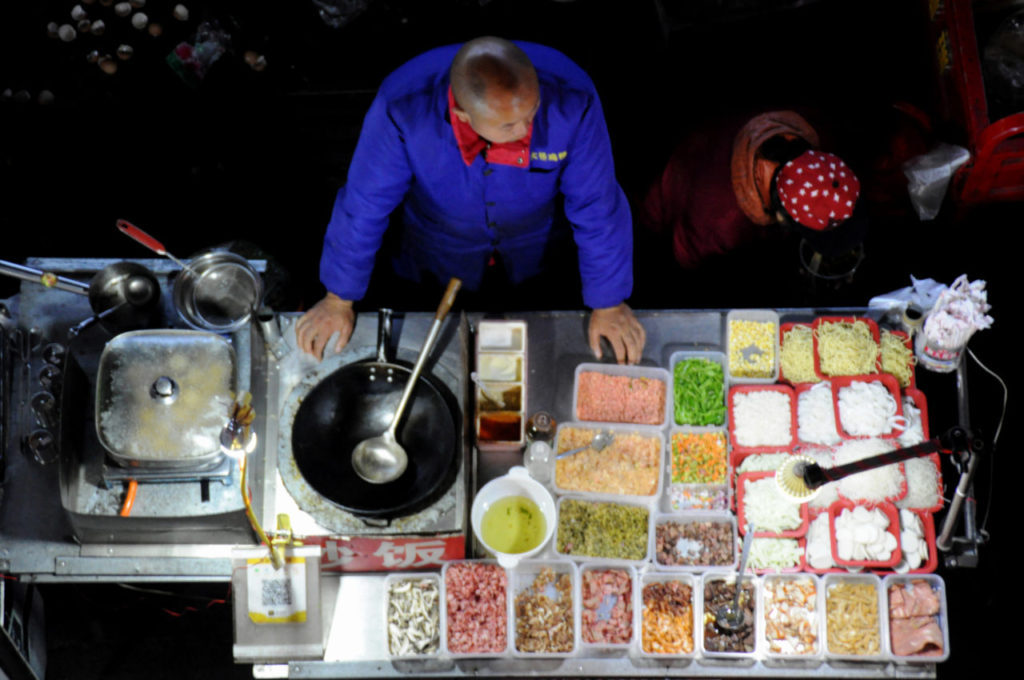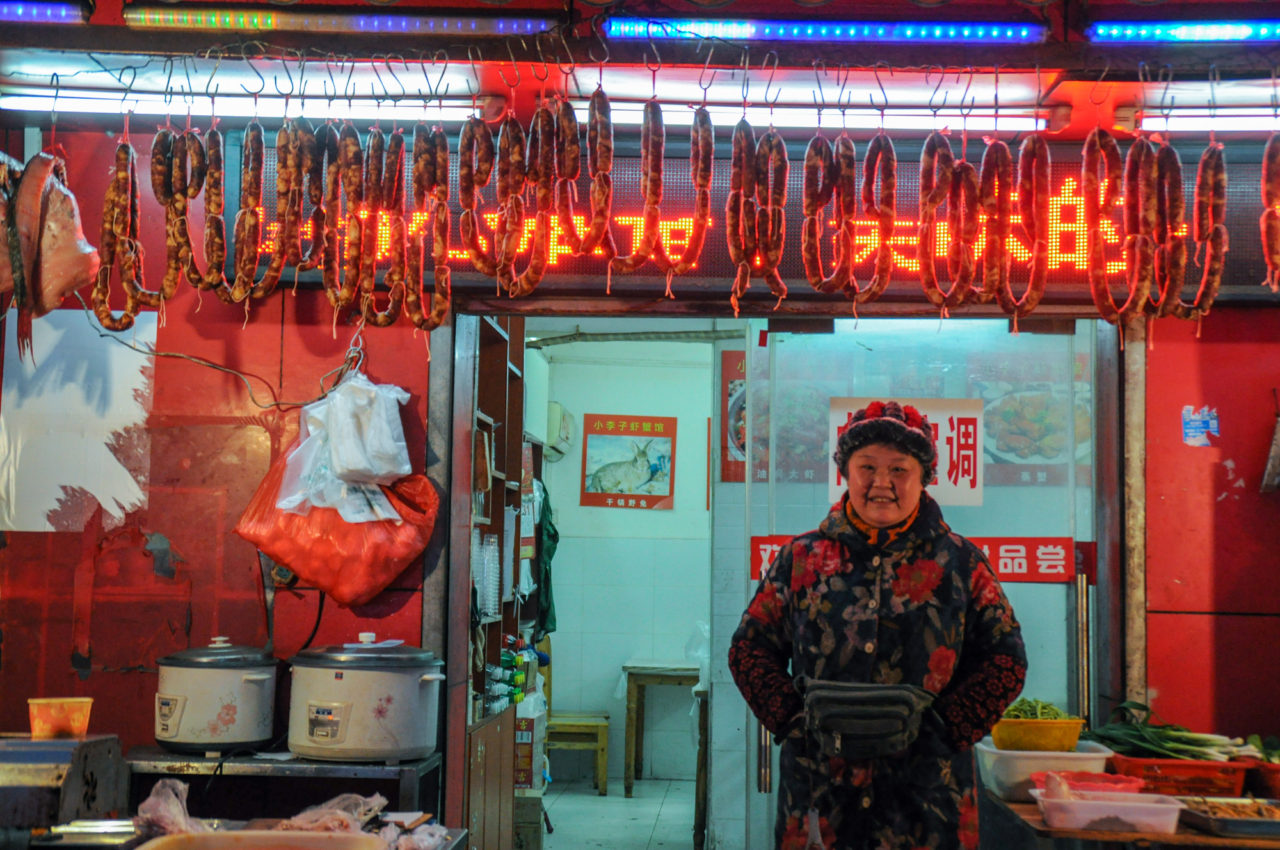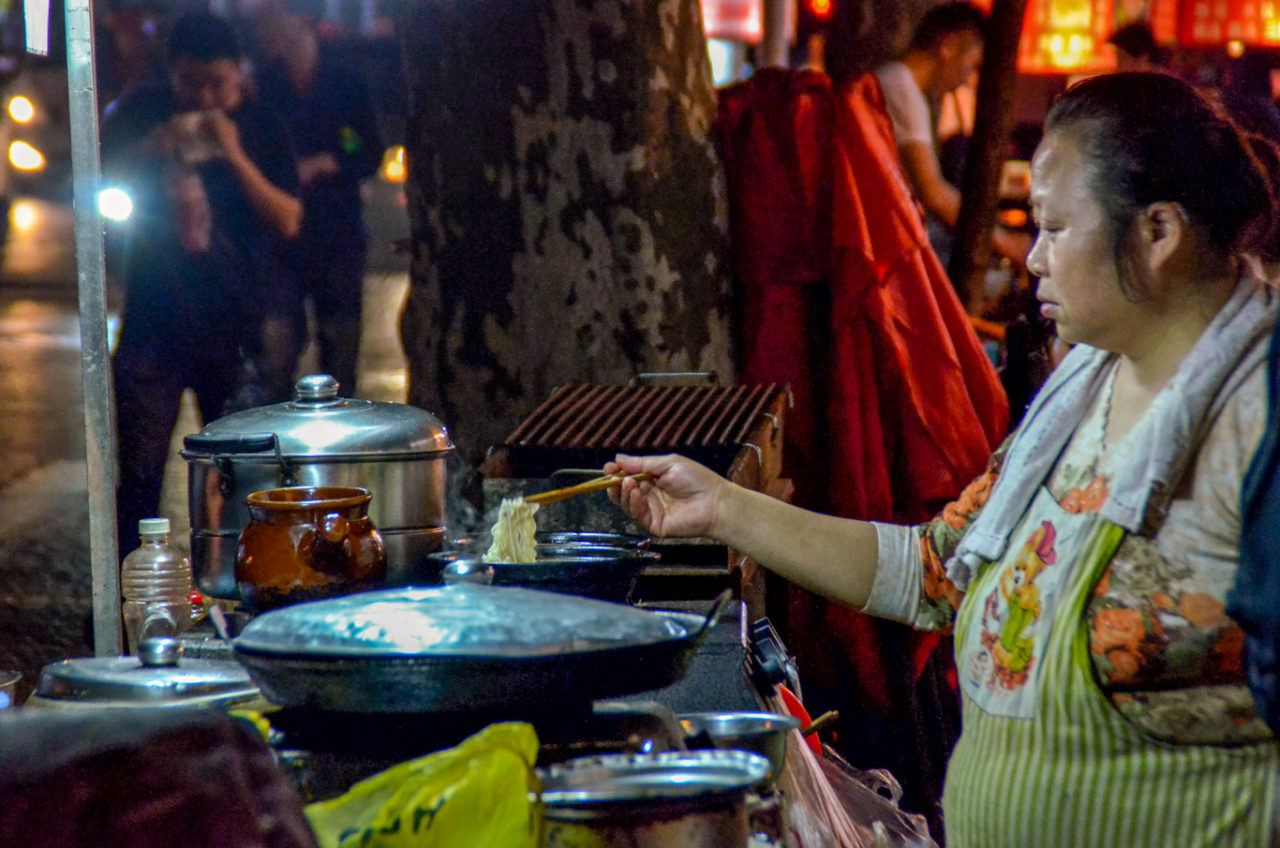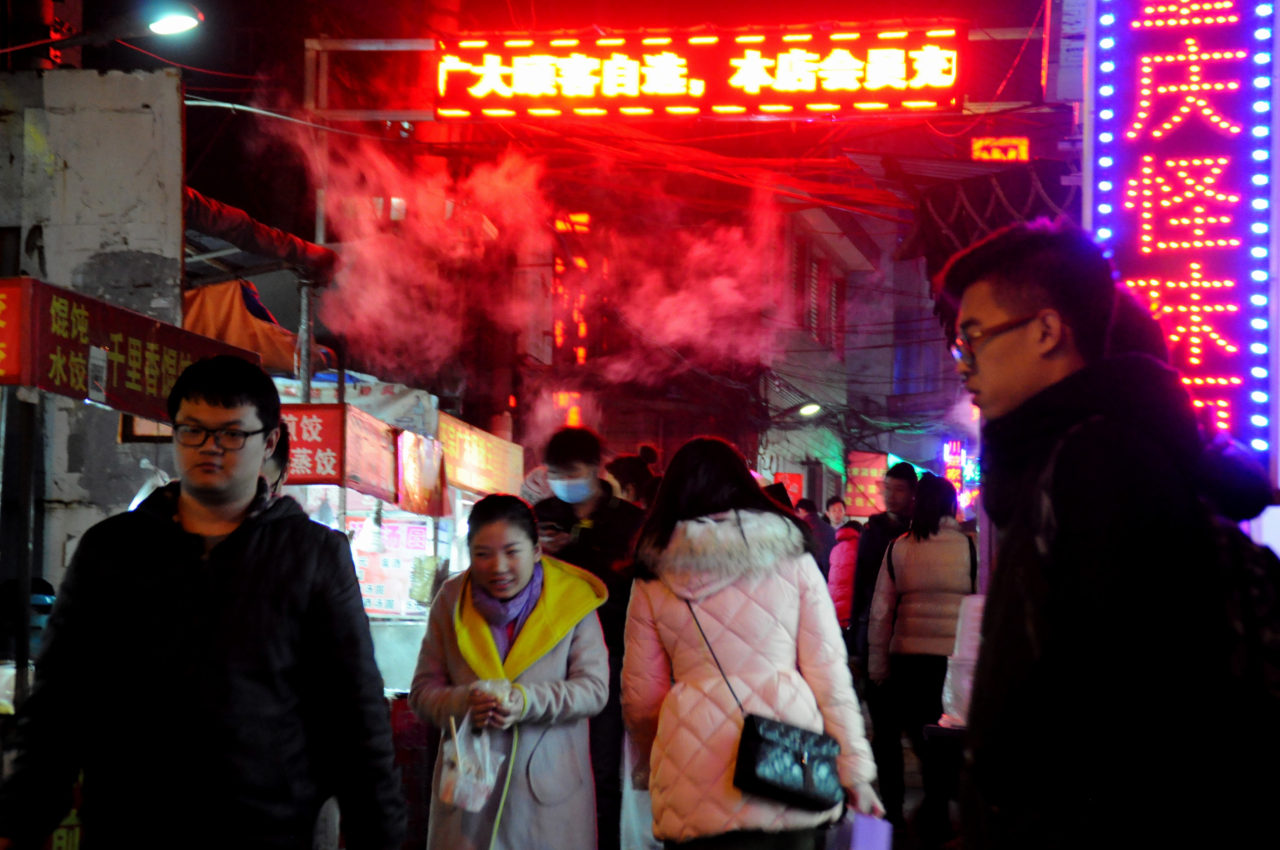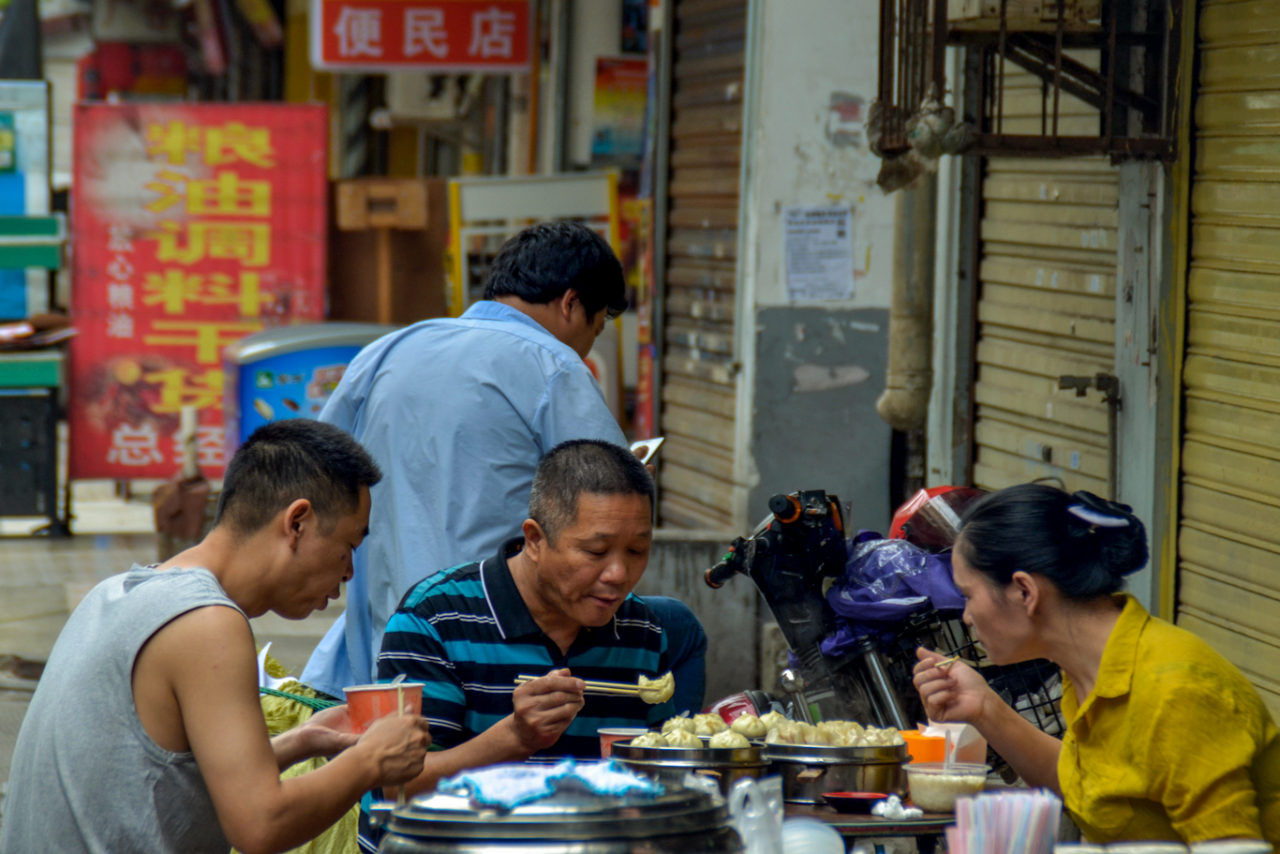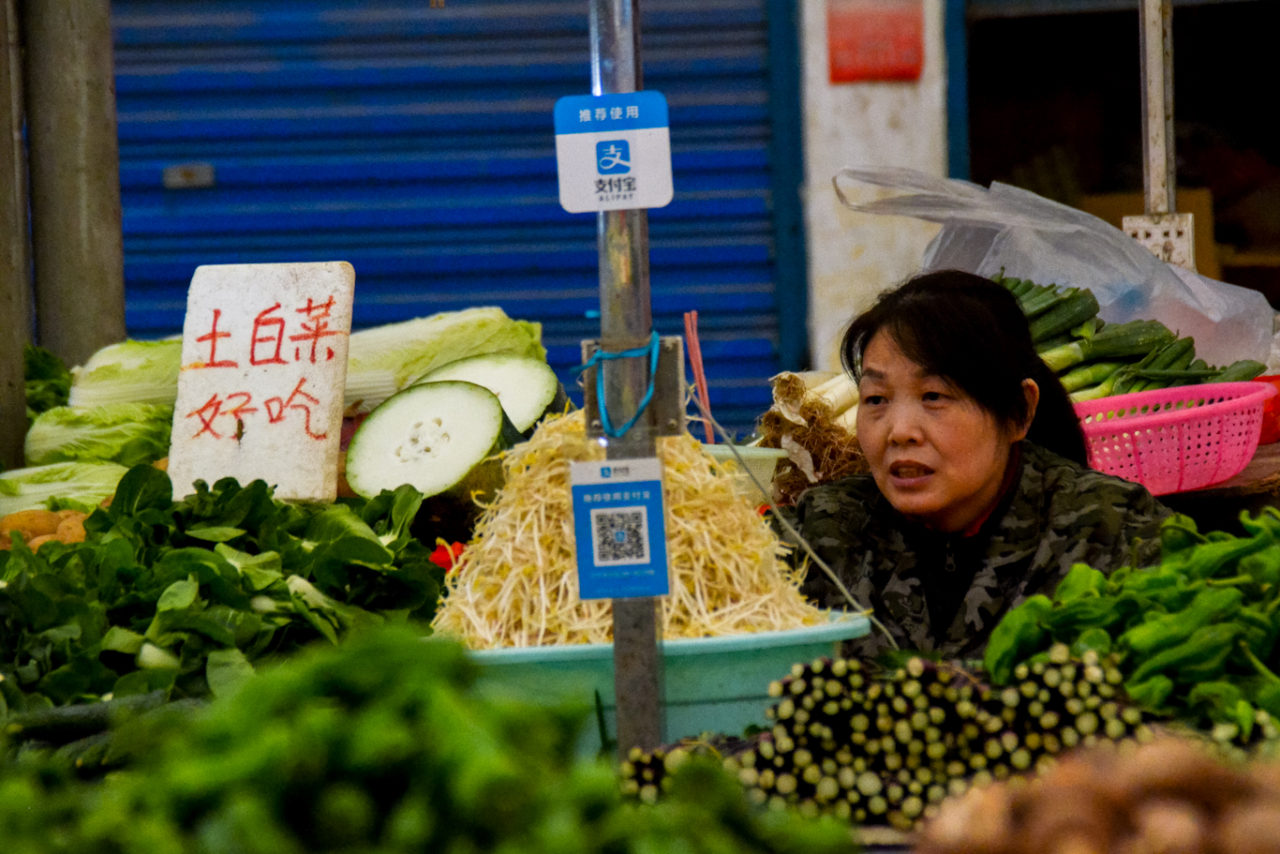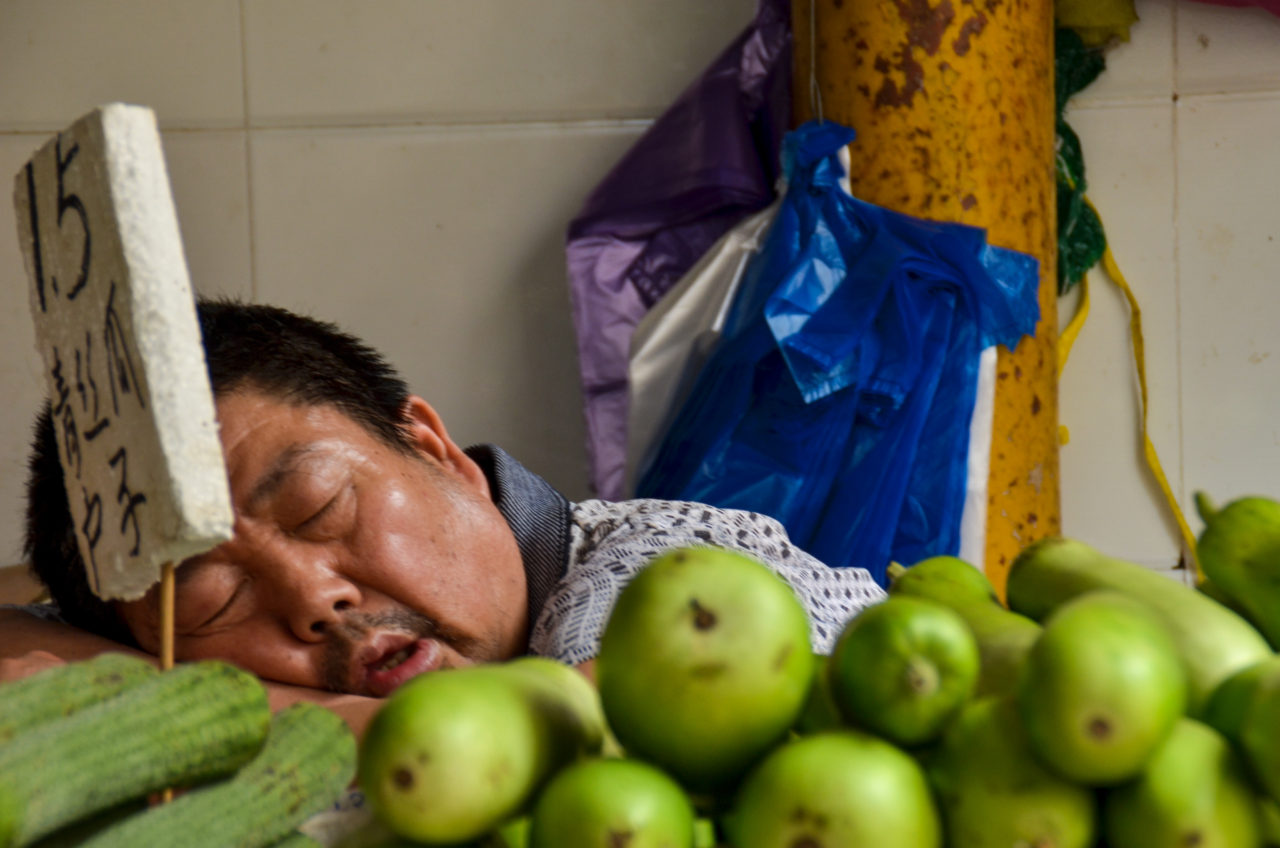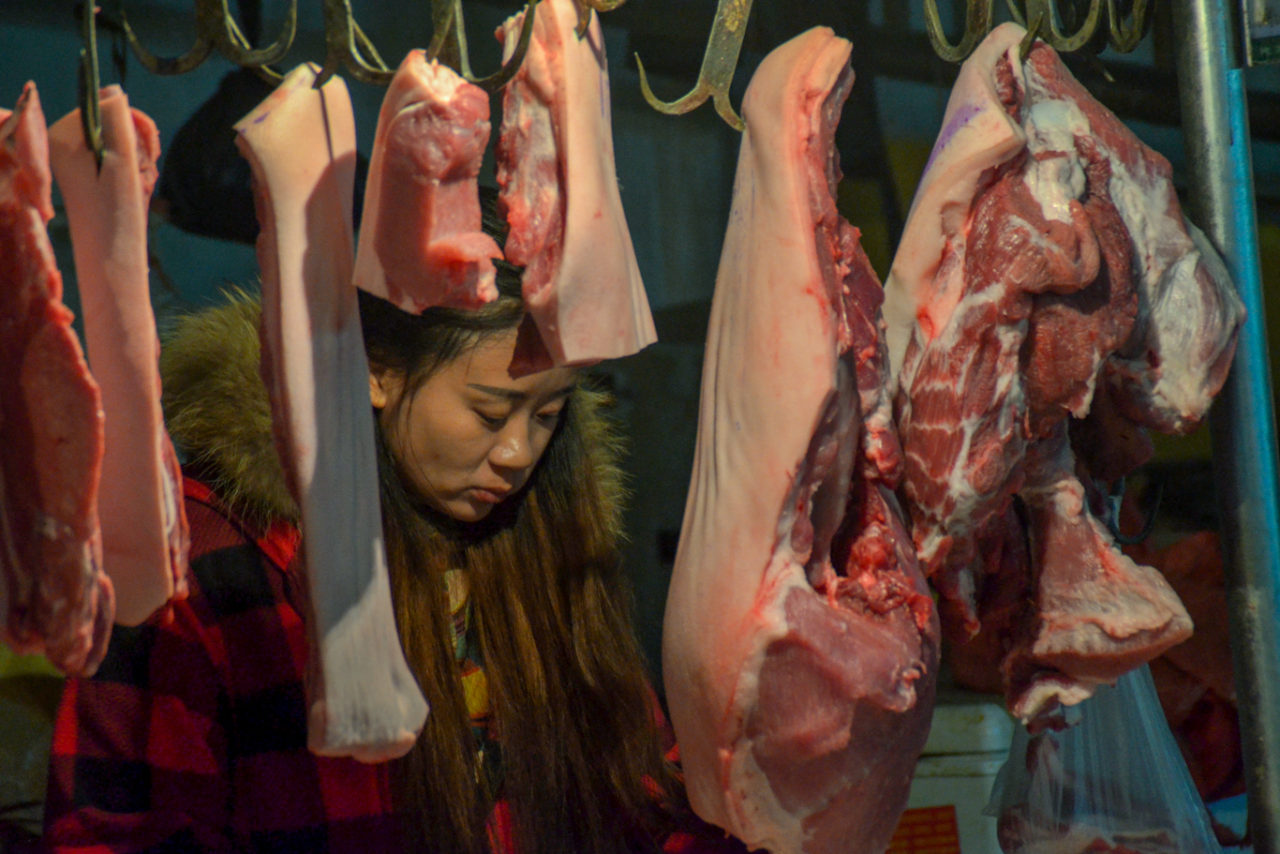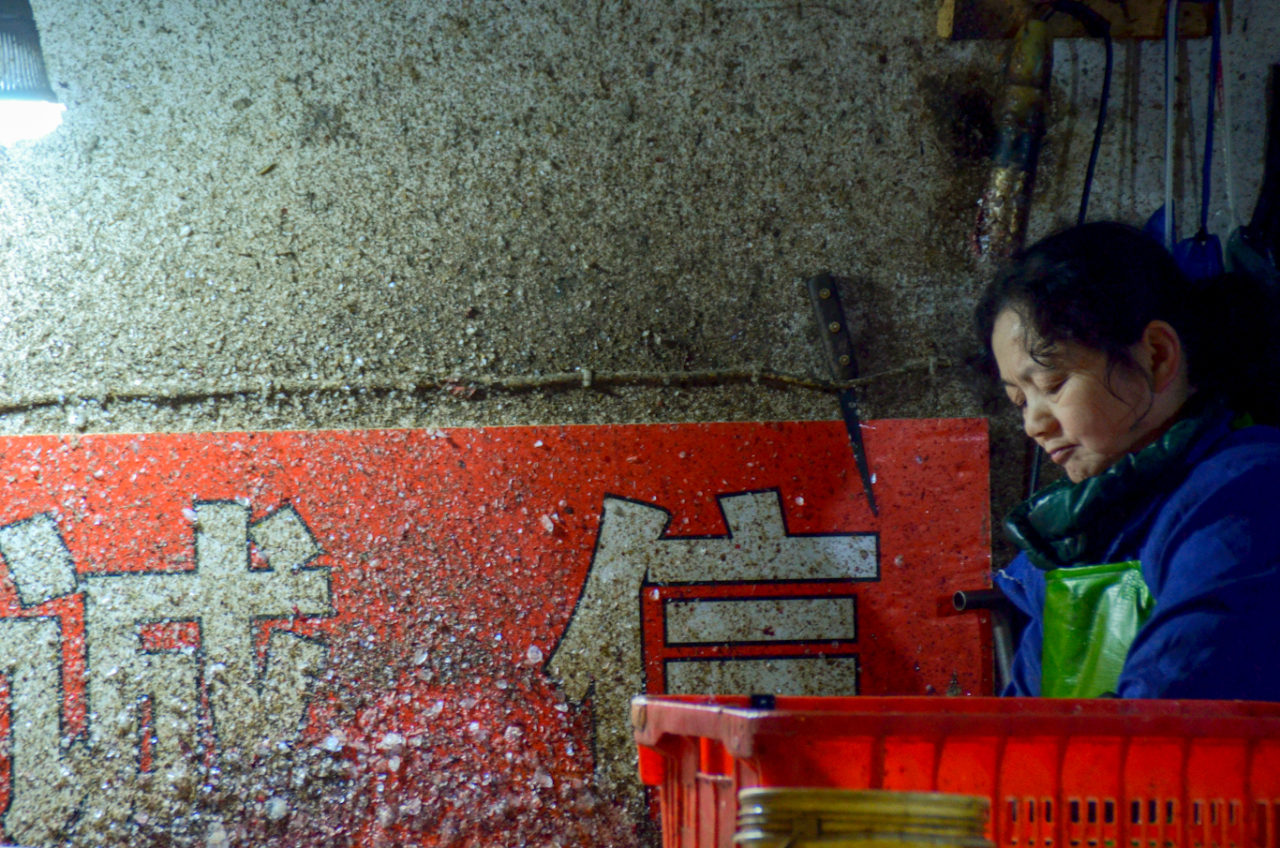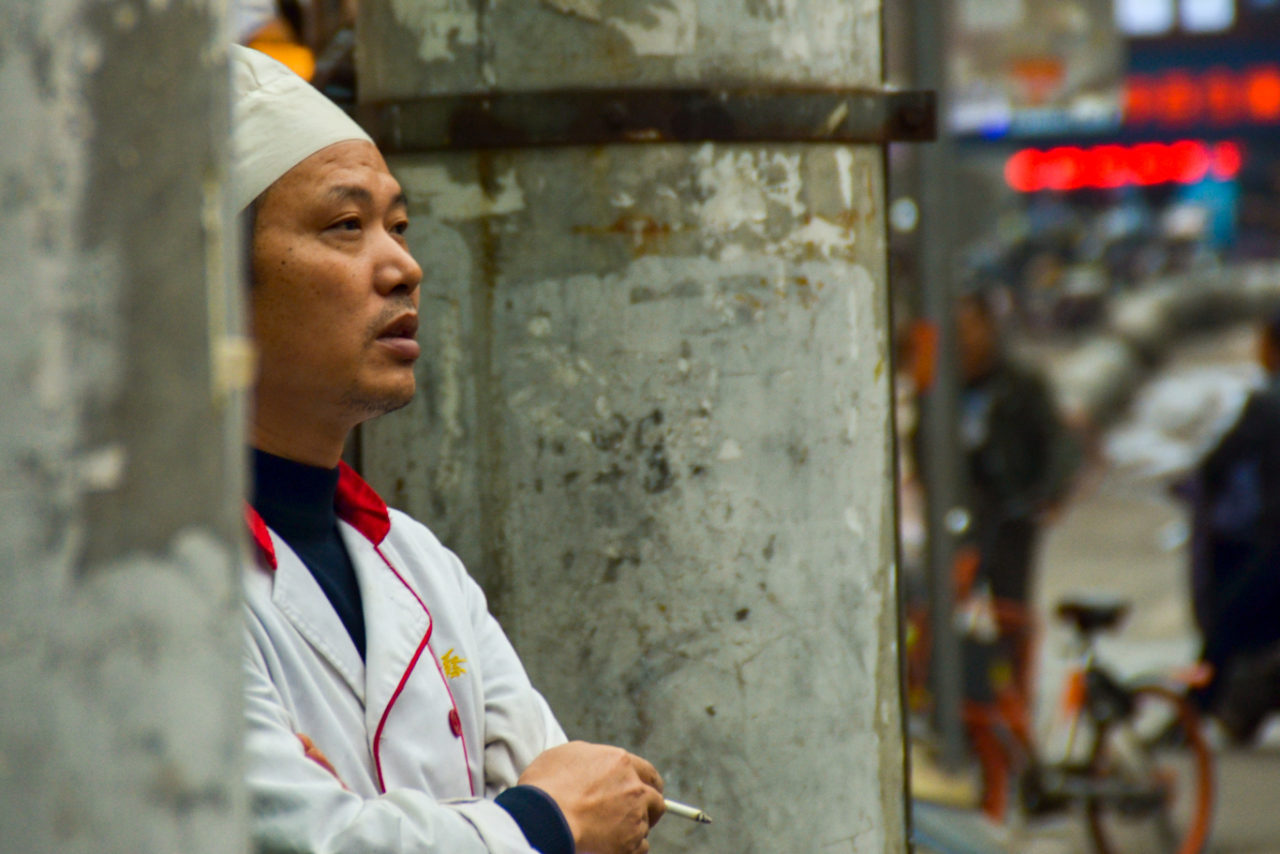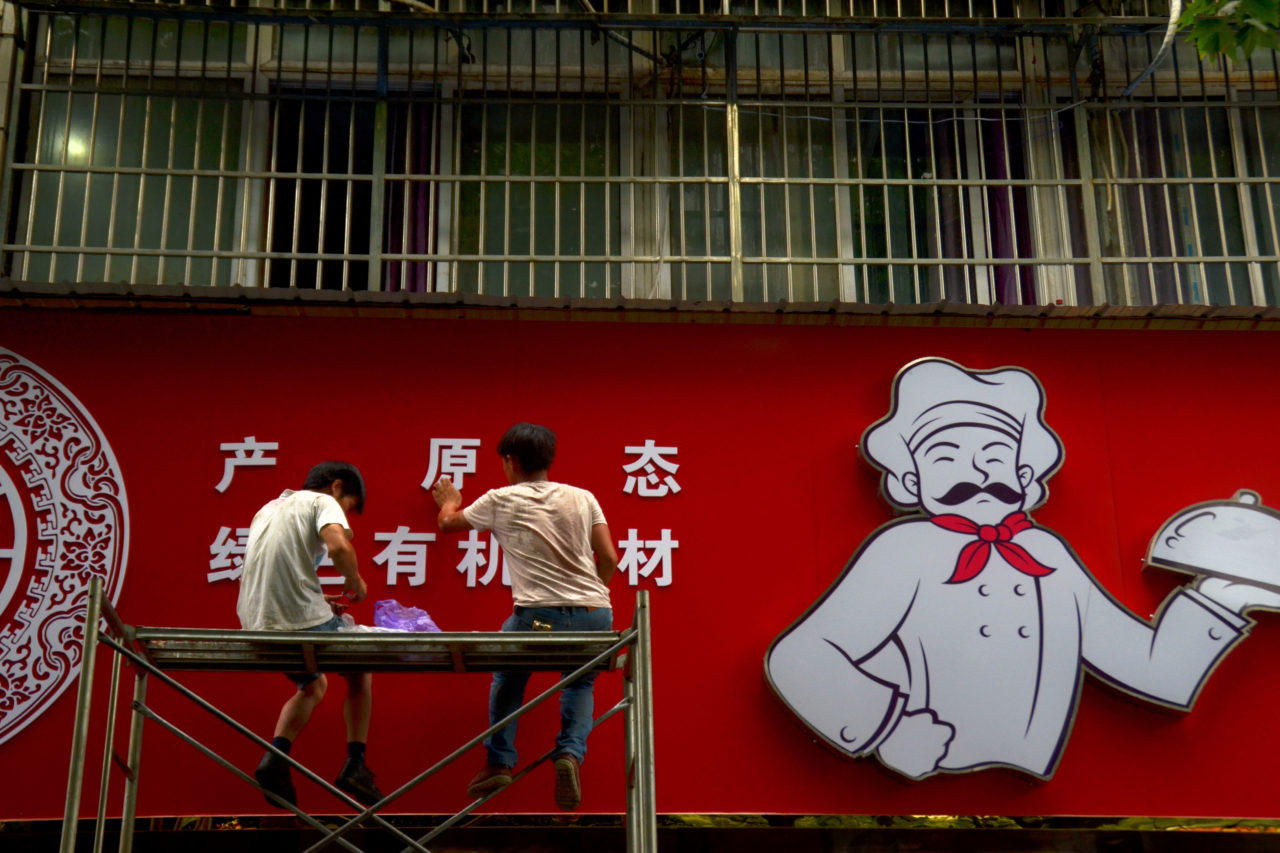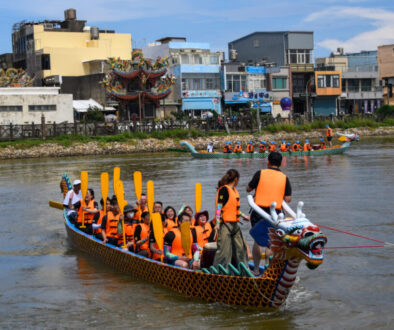Exploring the Wholesale Markets & Street Food of Wuhan
What is Wuhan Known For
Before the start of the year 2020 few people have ever head of the central Chinese city of Wuhan. That being said, most locals would be impressed if a foreigner could even spot Beijing or Shanghai on a map. Prior to Wuhan being known as the epicenter of a global pandemic that spread to all corners of the globe, little was known about this major city in China’s Hubei Provence. Even for Chinese nationals the only thing that would come to mind when you mention the name Wuhan would be one thing: food.
Wuhan is famous within China for being the birthplace of a special breakfast style noodle made with sesame paste. Hot dry noodles (热干面) has every tourist that enters the city lining up around the block to try a taste of this specialty dish. Other than this unique style of noodle, Wuhan’s streets are lined with stalls serving up spicy barbeque, fried rice, Chinese crepes (煎饼), and other snack foods that can only be found in some of the more local neighborhoods of the city.
What you won’t find in Wuhan is dogs being carved up in the markets, bats being displayed in the windows of delicatessens, and pangolins locked up in cages ready to be brewed up into some miracle cure. Covid19 or the Corona Virus has cast a shadow over what little reputation Wuhan had outside of Hubei Province. With misinformation and prejudice, Wuhan has been shamed as being the root cause of a virus that has plagued the world. While this article is not meant to disprove any speculations surrounding the Corona Virus, it will give you a glimpse at what the wholesale markets and street food of Wuhan through the eyes of someone who called the city home.
Want to read more about what to do in Wuhan? Check out my ultimate guide here!
The Street Food Culture of China
Some of your best experiences and memories in China will not be made while walking the Great Wall of China or wandering amongst the ancient terracotta warriors in Xi’an. They will be on the streets of these megacities order skewer after skewer of barbecued meats and vegetables. Your modern western traveler may turn their nose up at eating spiced organs such as intestine or liver, but it is important to remember that even in a country like the United States you will find pig’s tongue often served on the dinner table in more rural communities.
In developed countries in the West you will find hunters often going out into the forest to hunt deer, raccoons, and even squirrels. While it may seem strange to city folk, it is not uncommon for those who live out in the country to cook up some of these more “exotic” animals. In China you will find this very same phenomenon. While a small part of the population may order dog meat or even something as strange as snake, most of the Chinese people find this practice to be disgusting. Even within a major city, you will find restaurants serving rare meats and dishes such as these to be scarce.
Wuhan is a massive city. If you don’t know where to start exploring, check out my Wuhan neighborhood guide here!
Markets in Wuhan
With a population of over 11 million, Wuhan is a sprawling city where people from different cultures and backgrounds throughout China live together. While farmer’s markets are a bit of a novelty in many developed countries, most Chinese would choose to get their produce and meat from a local produce stand or butcher over a grocery store any day. Throughout Wuhan, you will find literally hundreds of these markets serving nearby neighborhoods. Within these warehouses, you will find more things that remind you of home rather than bizarre foods more fit for fear factor than on the dinner table.
For travelers visiting Wuhan, or any country for that matter, the local markets are a great place to get up close and personal with the local people and get a more candid look at daily life in the city. After wandering the city streets, you will notice that most of the comings and goings withing Wuhan are focused around these wholefood markets. The elderly pull their two-wheeled carts behind them as they wander the stalls of Wuhan’s market, carefully inspecting each head of cabbage and piece of fruit before carefully placing it in their bags.
Wuhan is well known for it cherry blossoms every spring. Read more about seeing the cherry blossoms in Wuhan here!
Wuhan’s Wet Market
Much mystery surrounds China’s now infamous wet markets. With all eyes on Wuhan, people throughout the world blame the consumption of wild animals as the culprit for the pandemic which wreaked havoc on the world. First, it should be important to note that China is not the only country in the world that eats a wider variety of animals when compared to the West. Countries such as Vietnam, Laos, Thailand, and even Romania have certain meats and delicacies that many people would become squeamish at the thought of sticking a fork into.
Much like how you would find crocodile or ostrich meat at the state fair, you can also find more exotic meats within China if you know where to look. But at the end of the day, if you walked into any wet market in Wuhan you will find the very same meats that you could find elsewhere in the world. With fish in their aquariums, pork hung up on the racks, and beef being tenderized on the slab, there is little within the markets of Wuhan that will have you gasping from shock.
One of the most infamous cities in all of China is Yulin. Read more about the Dog Meat Festival here!
The Blame Game
China is a country whose culture and history have thrived for over 3,000 years. They were there when the first man put pen to paper and began taming the beasts of the wild. Over the many centuries that China has been in existence, it has developed many regional cuisines and taste palettes unique for each part of the county. There is no basis to start blaming a group of people for eating the same foods that they have consumed for thousands of years as knowingly causing this pandemic.
Ever since the earth has started spinning the world has been ending. If it be disease, natural disaster, or war, the cause of our inevitable demise has always been something to be feared and speculated about. Of course, man must always take the necessary precautions to prevent the apocalypse, but demonizing a people and culture just goes to show how involved we are as a people. When the world starts to burn, primal instincts begin to take over.
Wuhan has never been a city that would have people traveling from across the world to go visit. When compared to the Leshan Buddha or the Yellow Mountain, Wuhan is but a footnote on a travel itinerary. That is if it manages to make the list of destinations at all. Wuhan is not only a diamond in the rough but also home to many people who hold this city dear to their hearts. One can only hope that much like how America is not known for just the Swine Flu and the Spanish aren’t known only for H1N1, Wuhan will also stand tall when the dust begins to settle.

